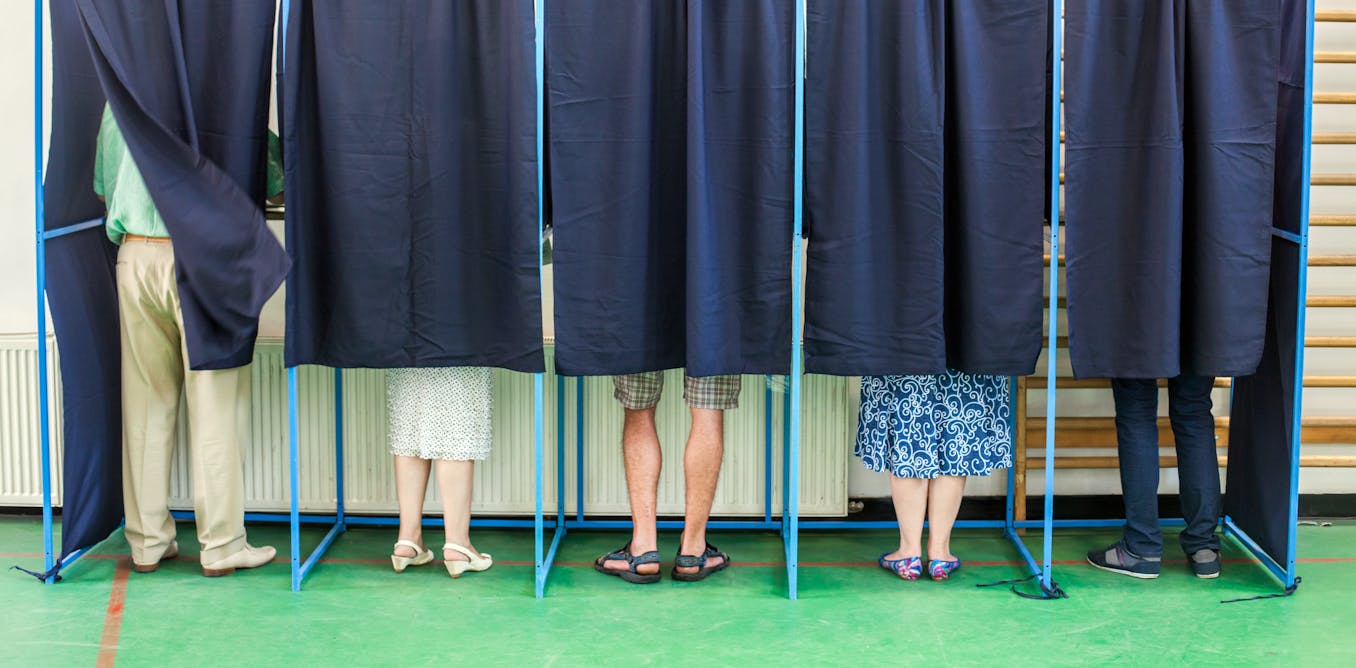Why we fall for fake health information – and how it spreads faster than facts
If the health content you see on social media sounds too good to be true, it’s very likely false – but there are ways to check it out before sharing.
May 16, 2025 • ~10 min







